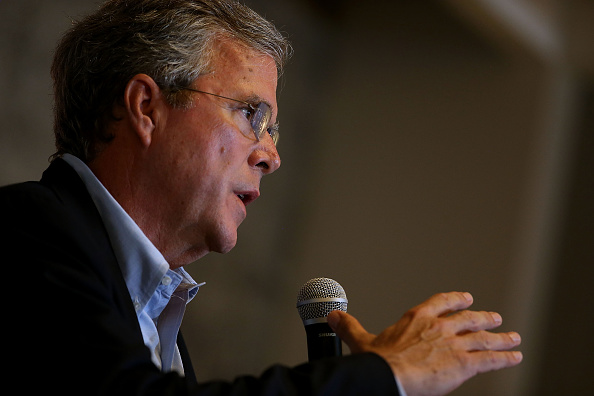
Presidential super PACs operating expansive shadow campaigns — buying ads, hosting town hall meetings and hiring canvassers — have raised more than twice as much money as the candidates themselves, newly filed campaign finance documents show.
About three dozen such super PACs collectively raised more than $266 million from January through June while the campaigns of 2016 presidential hopefuls collectively raised just half that much — about $130 million — according to a Center for Public Integrity review.
The total raised by super PACs is about 17 times more than comparable groups raised during the same period four years ago, when the term “super PAC” had yet to make it into the dictionary.
Super PACs, made possible thanks to the 2010 U.S. Supreme Court’s Citizens United v. Federal Election Commission decision, can accept unlimited donations from corporations, unions and individuals. They may use the funds to support or oppose candidates, but are prohibited from coordinating their spending with campaigns.
Leading in the money chase: Right to Rise USA, a group that supports former Florida Republican Gov. Jeb Bush, which raised more than $103 million.
Bush helped raise millions for the group, despite the anti-coordination rules. Bush attended numerous fundraising events for the super PAC, but got around the prohibition by making appearances prior to announcing his 2016 candidacy.
Two dozen donors each gave Right to Rise USA at least $1 million during the year’s first half, with about 90 percent of it coming before Bush officially launched his campaign in June. One of those million-dollar donors was NextEra Energy, a Florida-based Fortune 200 energy company.
A pair of famous Texas retirees also made handsome donations to Right to Rise USA: former presidents George H.W. Bush and George W. Bush, who gave $125,000 and $95,000, respectively.
Millionaires club
While the pro-Bush super PAC dominated all others, a cluster of five super PACs supporting the presidential candidacy of Sen. Ted Cruz, R-Texas, raised about $38 million.
Two groups backing Republican Gov. Scott Walker of Wisconsin raised more than $26 million.
And a super PAC backing Sen. Marco Rubio, R-Fla., raised about $16 million.
In each case, the super PACs raised more than the candidates themselves — sometimes many times over. Bush’s official campaign, for instance, has collected just $11 million to date.
Never before have super PACs played such a prominent role in a presidential contest — especially so early in the process. Now, nearly every major candidate has a super PAC doppelganger.
Among the Republican contenders, only celebrity business tycoon Donald Trump, who so far has self-funded the bulk of his campaign, doesn’t yet have an allied super PAC capable of raising significant cash.
This represents a dramatic shift from four years ago.
At this stage of the 2012 presidential election, only President Barack Obama and eventual Republican nominee Mitt Romney enjoyed the support of aligned super PACs. Super PACs supporting many 2012 GOP hopefuls did not form until the fall or winter of 2011.
“The first thing I’m going to do as a presidential candidate is see if there’s a super PAC out there to support me, or someone willing to form a super PAC to help me,” said John Grimaldi, a political operative who worked for a pro-Newt Gingrich super PAC in 2012 but is not working for a campaign or super PAC this election cycle.
“A super PAC eliminates a major portion of your campaign expenditures as a candidate,” Grimaldi continued. “It makes it easier to run.”
Why? The answer, in part, is that deep-pocketed donors who are prohibited from donating large sums of money directly to the candidates themselves may give unlimited amounts to super PACs — as may corporations and labor unions.
See 10 Presidential Campaign Launches
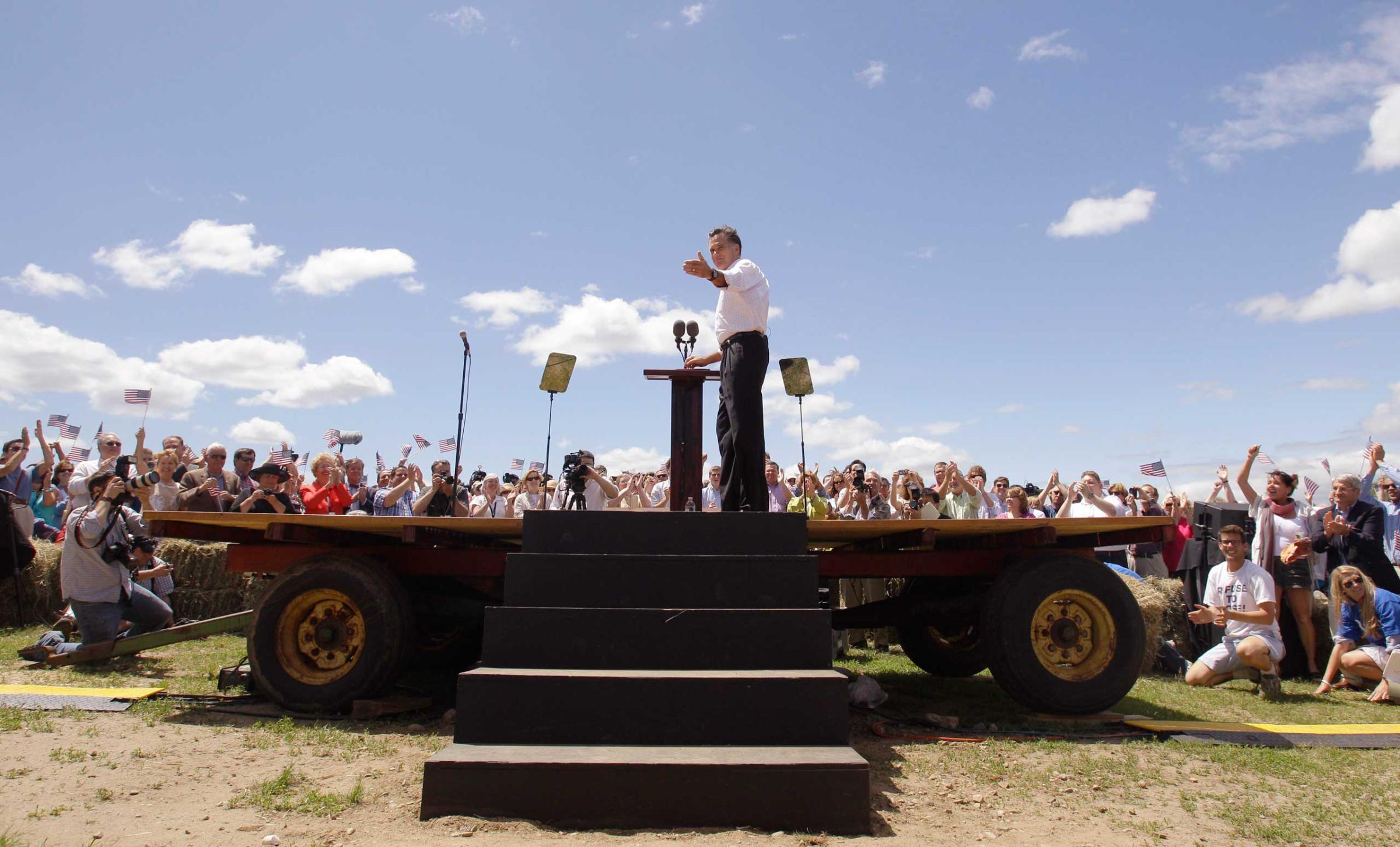
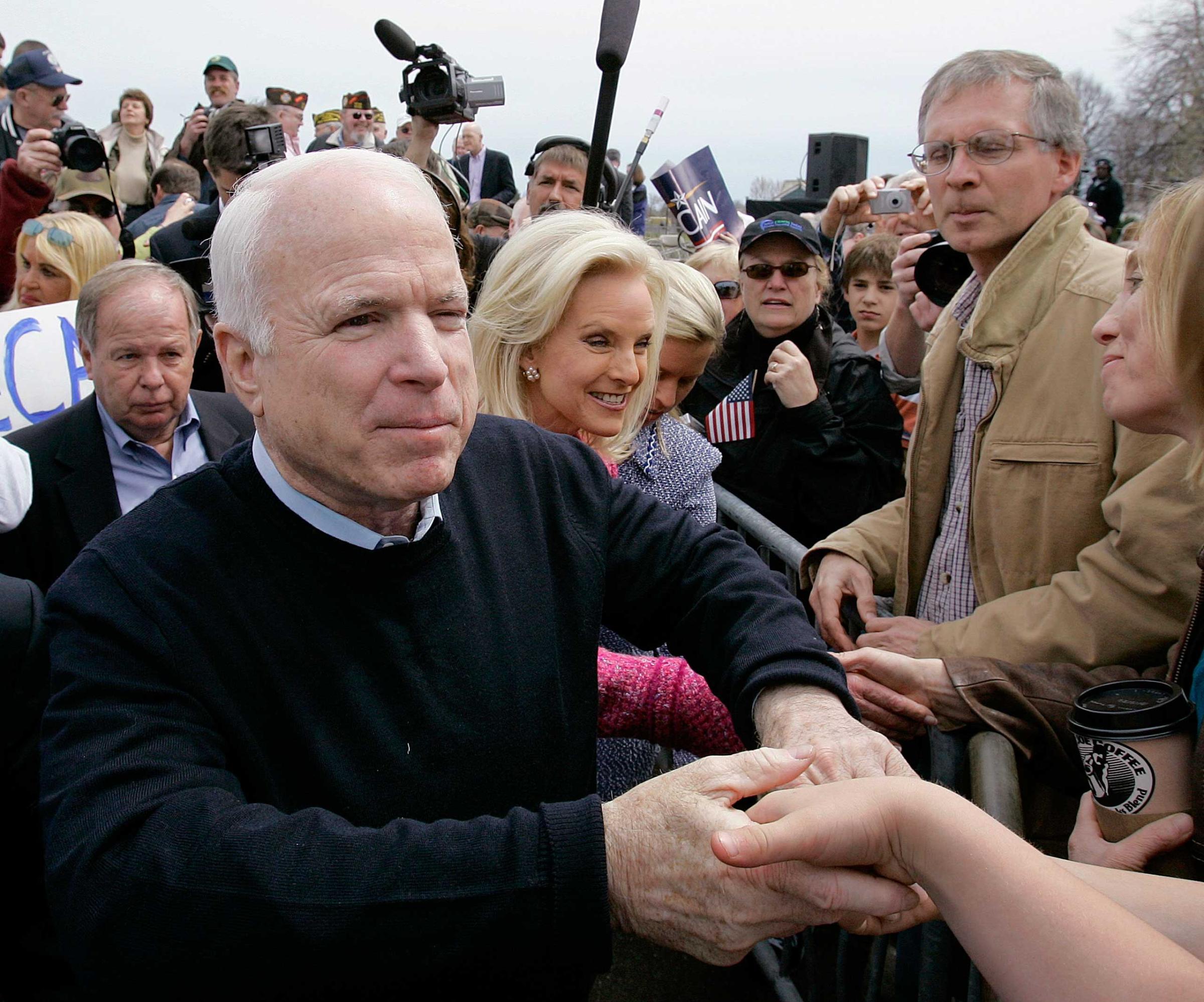
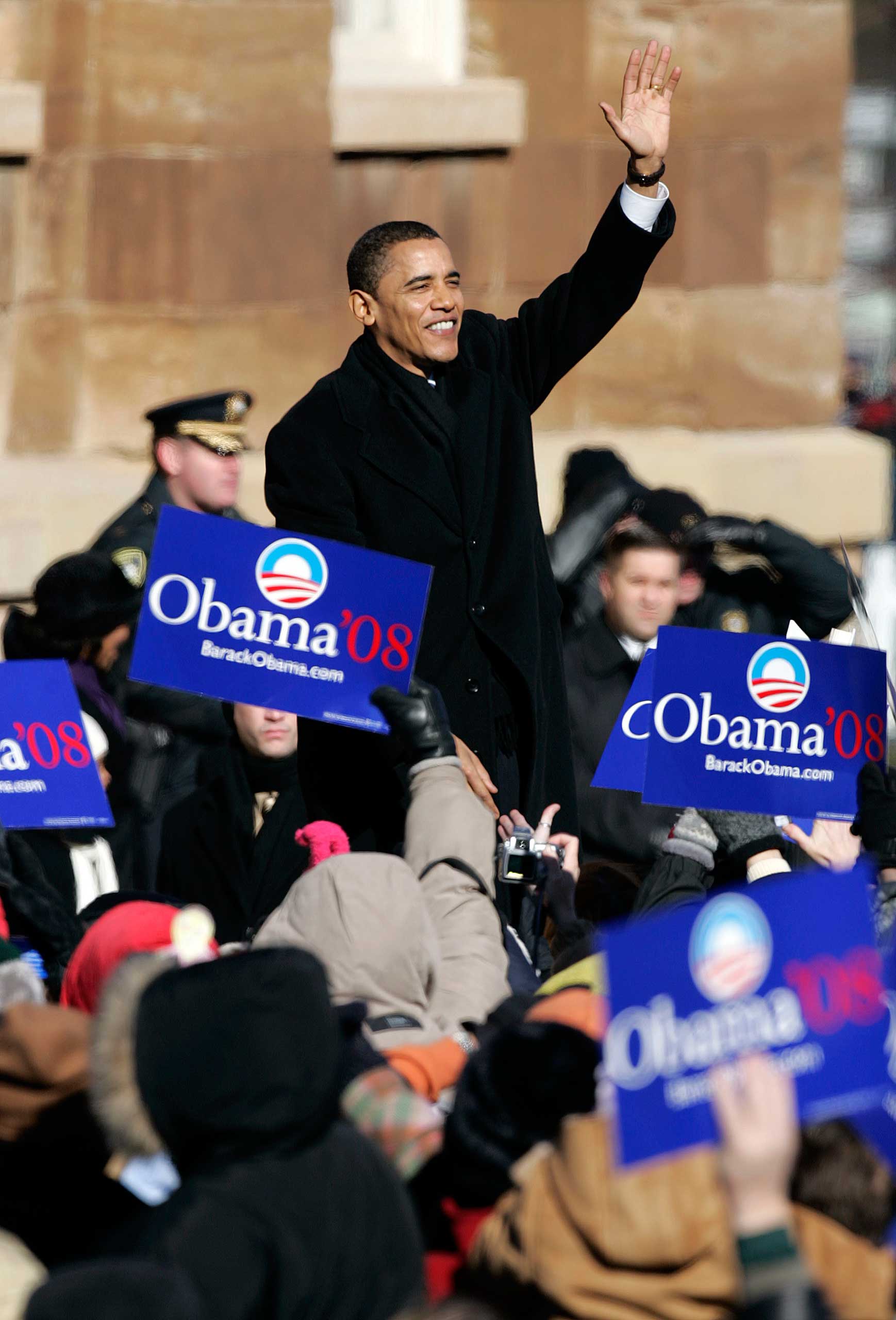
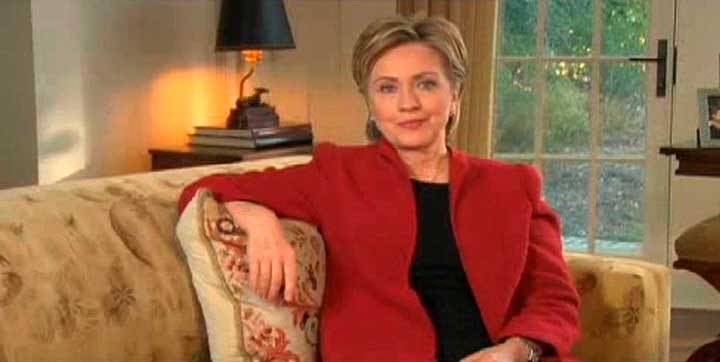
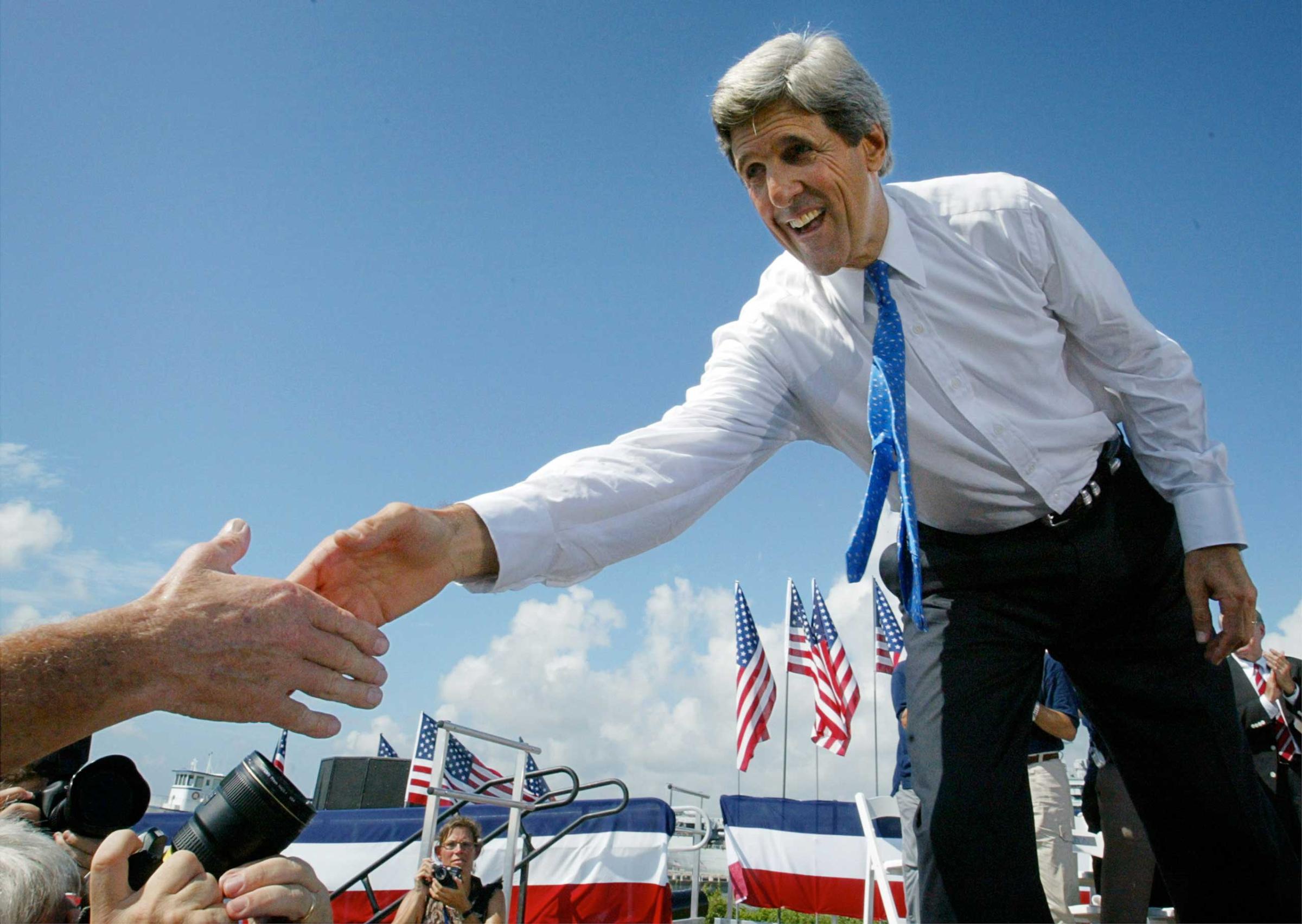
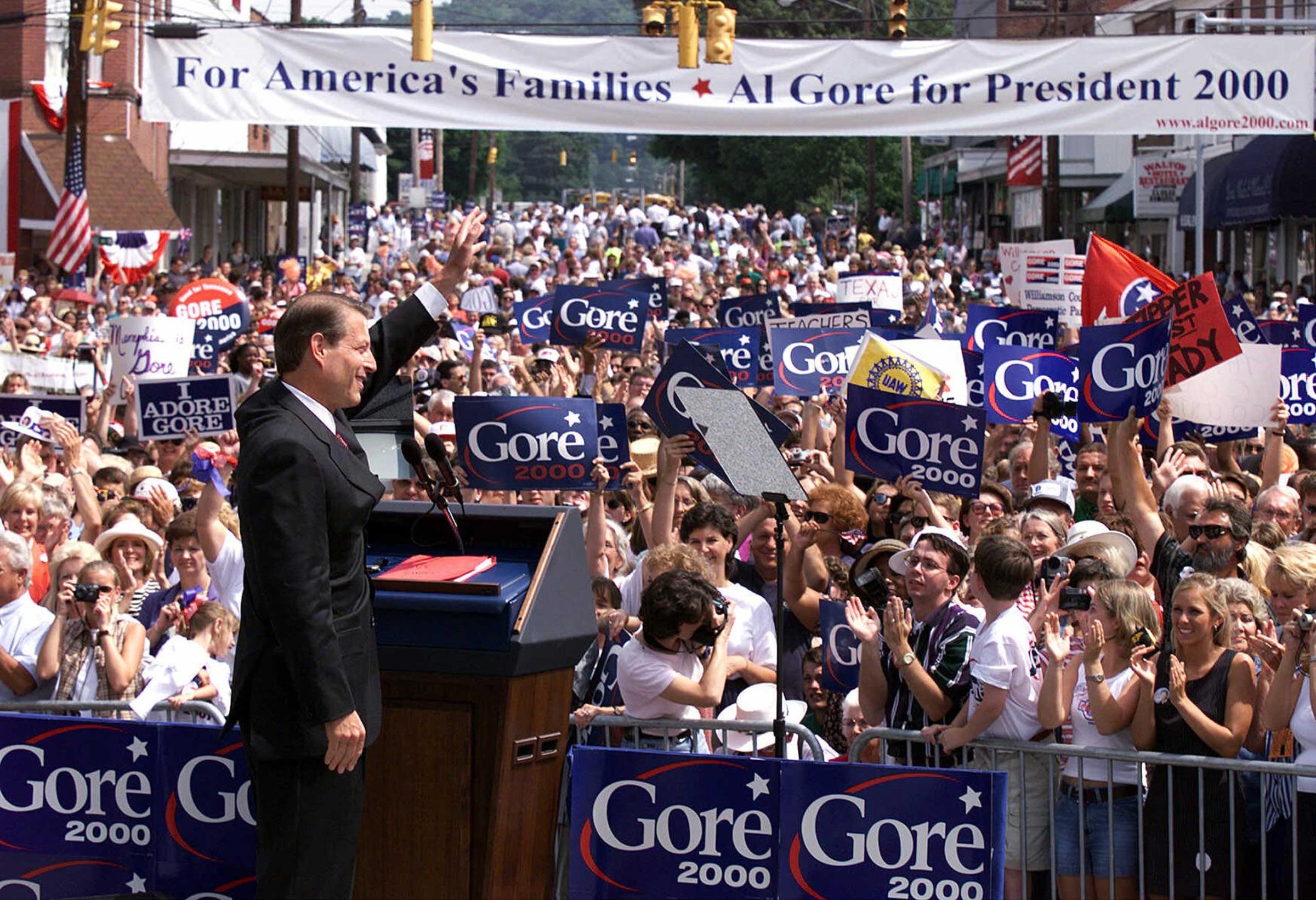
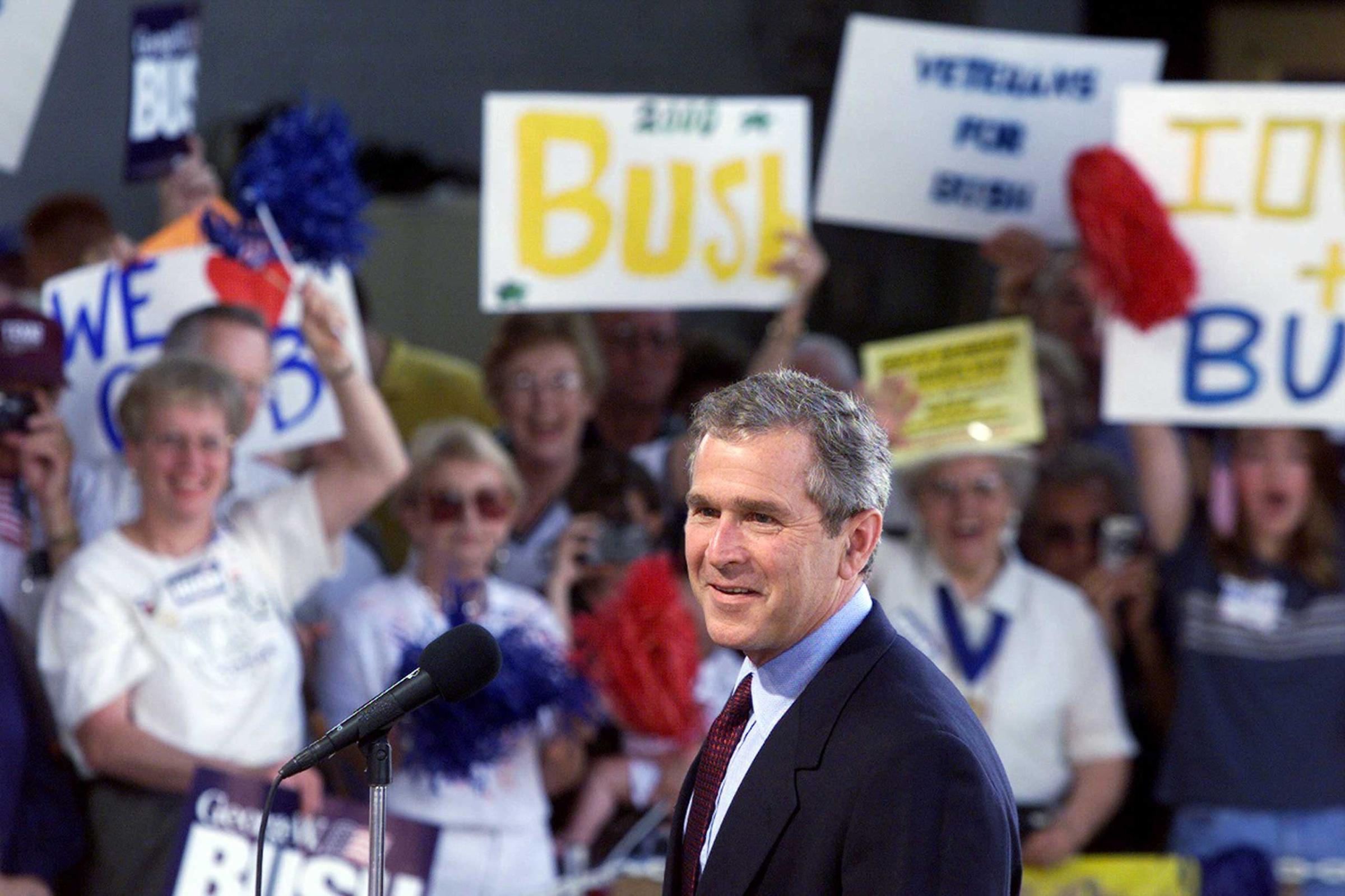
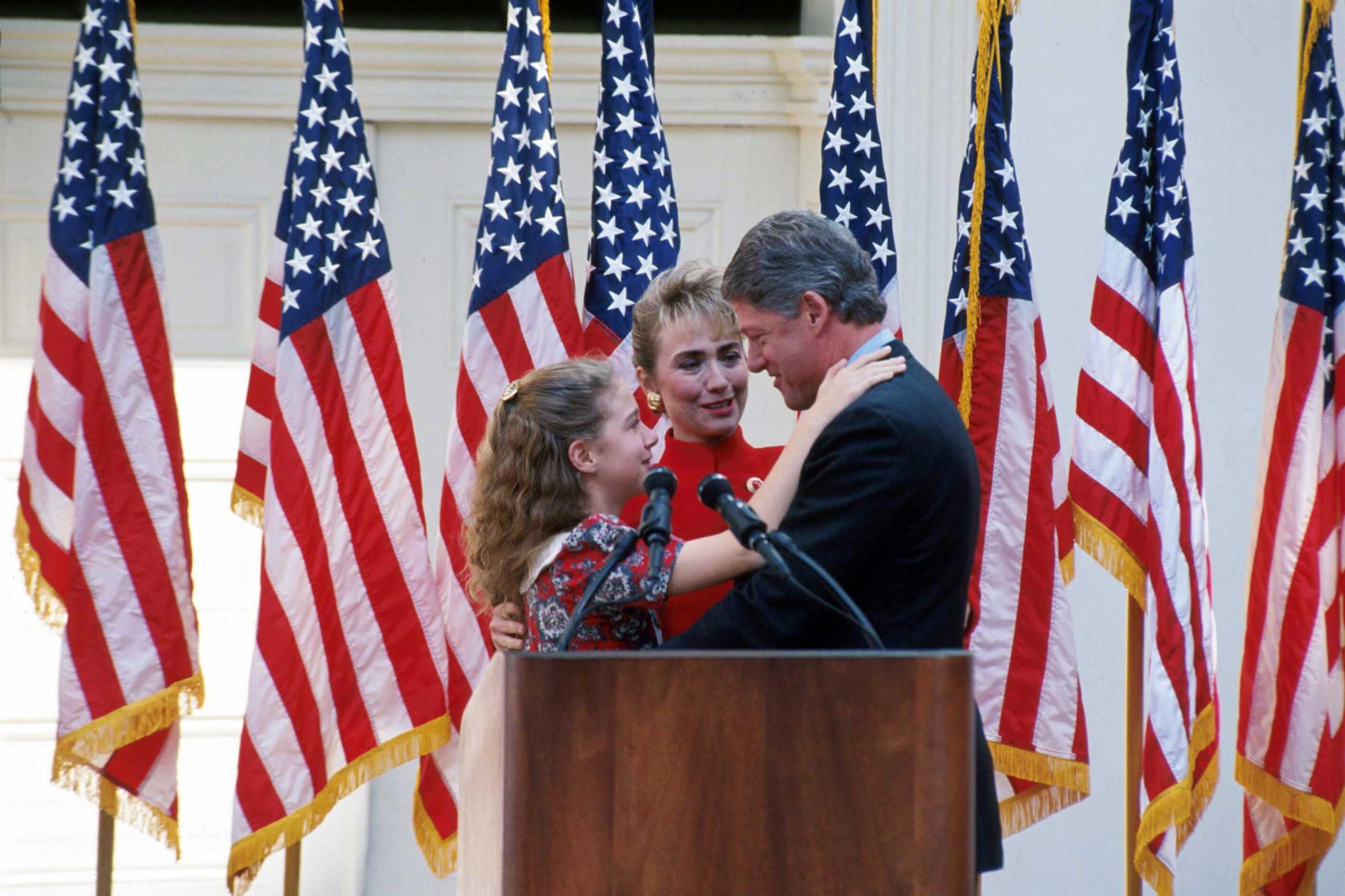
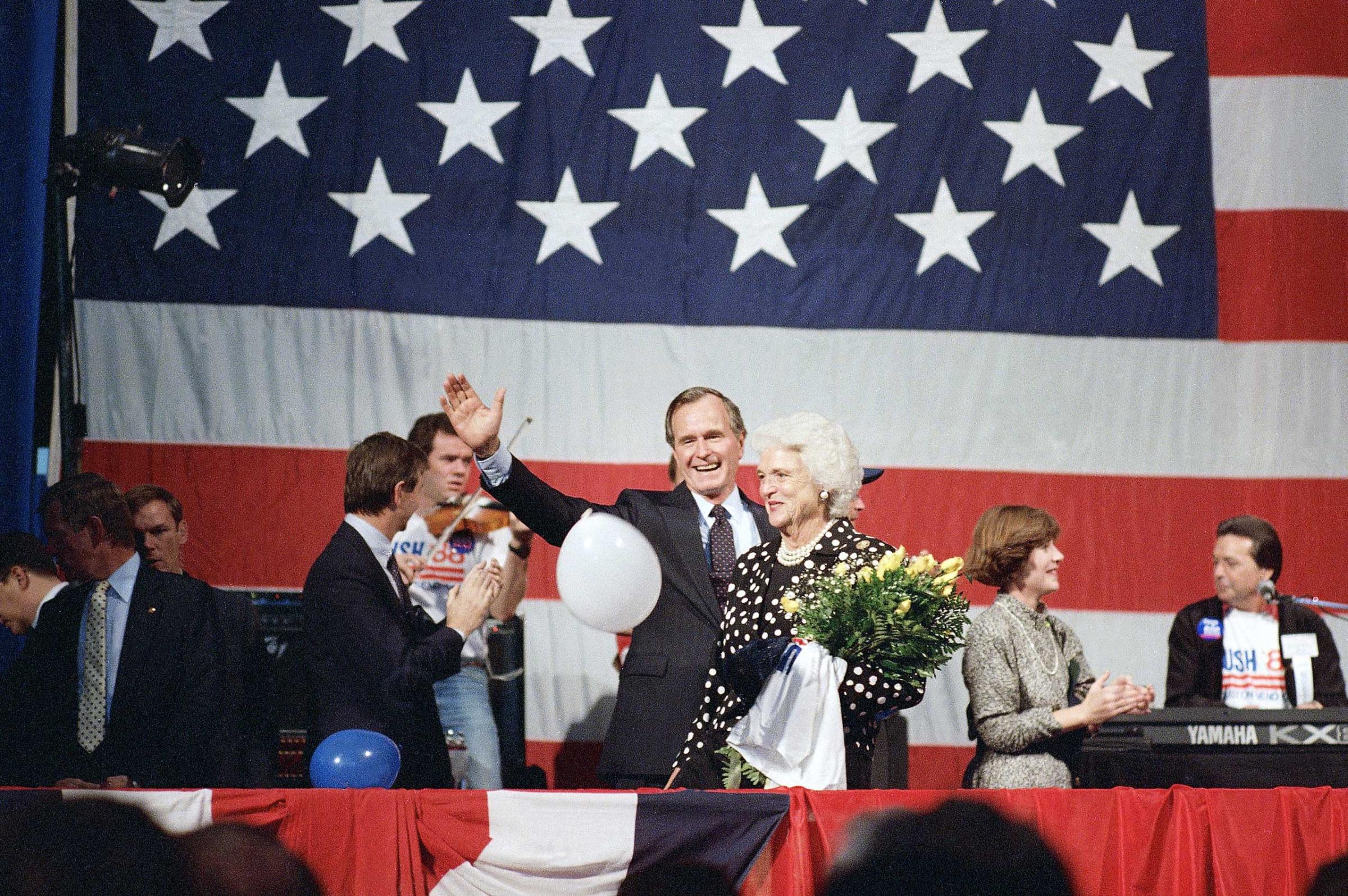
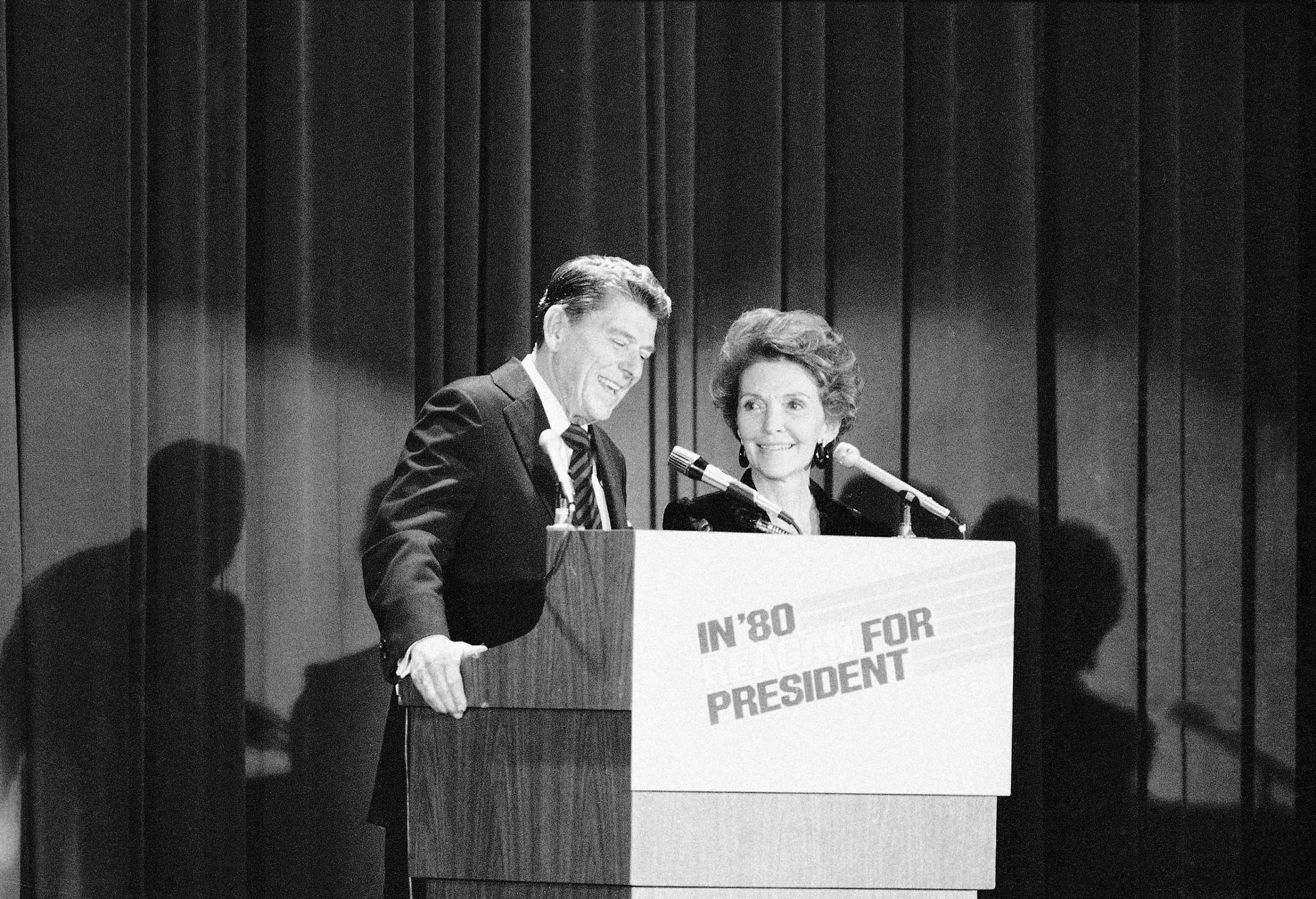
No limits, no problem
Candidates may only accept donations of $2,700 per person, per election, and $5,000 per election from corporate or labor political action committees.
“We are not subject to contribution limits like the campaigns are, so that certainly helps build resources to get our message out,” said Jordan Russell, spokesman for the Opportunity and Freedom PAC, which is backing former Texas Gov. Rick Perry’s White House run.
The Opportunity and Freedom PAC has already spent more than $2.3 million on advertisements touting Perry — more than twice as much as the Republican’s presidential campaign raised through the end of June.
This dynamic frustrates many of the presidential contenders, and some, including Cruz, are openly calling for contribution limits to candidates to be eliminated entirely.
“Our current campaign finance system is ridiculous,” Cruz told the Center for Public Integrity in a recent interview. “The way to do it is to let campaigns speak for themselves directly.”
Even grassroots favorites, such as Republican Ben Carson, a former neurosurgeon, have allied super PACs.
One super PAC working on Carson’s behalf raised $13.5 million last year and another $2.9 million during the first half of 2015, while Carson’s campaign, which was launched in May, has raised $10.6 million.
“I personally have not gone around chasing after billionaires and special interest groups,” Carson told the Center for Public Integrity. “We’re getting an enormous response from the grassroots. That’s the people that I want to be beholden to.”
Wealthy donors have certainly helped fuel the super PAC spree — and many of them are hedging their bets and supporting multiple White House contenders in a field that’s grown to 17 Republicans and five Democrats.
Hedging their bets
Rich donors flirting with multiple Republican candidates spread, in some cases, millions of dollars among super PACs backing different candidates. This continues a trend that first emerged after presidential candidates themselves released campaign disclosures earlier this month.
Take hedge fund billionaire Robert Mercer, who laid down $11 million to a pro-Cruz super PAC called Keep the Promise I, making him practically the sole funder.
That’s a pretty big investment.
But surprisingly, Keep the Promise I steered $500,000 to a super PAC backing Cruz rival Carly Fiorina — presumably at Mercer’s direction, and possibly a sign that were Cruz to falter or withdraw, Mercer could direct the super PAC elsewhere.
On top of that, Mercer wrote a $250,000 check to Believe Again, a super PAC supporting Louisiana Gov. Bobby Jindal’s Republican presidential bid.
Then there’s former Univision CEO Jerry Perenchio, who was the biggest donor to the super PAC backing Fiorina, who gave nearly $1.6 million. He also gave $100,000 to the pro-Bush Right to Rise USA super PAC.
Meanwhile, Robert McNair, the billionaire owner of the NFL’s Houston Texans, donated $500,000 apiece to super PACs backing Republicans Bush, Cruz, Walker and Sen. Lindsey Graham of South Carolina.
An investment firm tied to Manoj Bhargava, the politically active founder of beverage company 5-hour Energy, similarly placed multiple six-figure bets on super PACs supporting three GOP presidential candidates, all governors.
The company, called ETC Capital LLC, gave $150,000 to America Leads, a super PAC backing New Jersey Gov. Chris Christie, $150,000 to the Unintimidated PAC, which supports Walker, and $100,000 to the pro-Jindal Believe Again super PAC.
Bhargava’s investment firm was among the top five donors last year to the Republican Governors Association, so it’s perhaps not surprising that the firm would back three current Republican governors seeking the White House, two of whom — Christie and Jindal — are past RGA chairs.
Even Marlene Ricketts, the matriarch of the family that owns the Chicago Cubs baseball team and the mother of Walker’s campaign finance chairman, Todd Ricketts, spread her money around.
She donated $10,000 each to groups backing Bush, Christie, Cruz, Graham, Perry and Rubio.
But her largest donation — $4.9 million — went to Walker’s Unintimidated PAC, representing a quarter of the super PAC’s take.
Working closer with candidates
Bradley Crate, chief financial officer for Mitt Romney’s 2012 presidential campaign, said that four years ago, super PAC leaders proceeded with a measure of caution, afraid of violating laws that restricted how they interfaced with political candidates.
Today, such fears have largely dissipated, with the ideologically gridlocked Federal Election Commission often unable to agree on how to interpret and regulate the most basic of election law matters.
This gives super PACs the opportunity to work more intimately with candidates. Some are even absorbing many of the responsibilities traditionally reserved for a candidate’s own campaign, said Crate, now president of Red Curve Solutions, a Massachusetts-based campaign finance consulting firm.
“That’s what I would do,” he said.
Alex Cohen and Chris Zubak-Skees contributed to this report.
This story is from The Center for Public Integrity, a nonprofit, nonpartisan investigative news organization in Washington, D.C. To read more of their reporters’ work, go here or follow them on Twitter.
More Must-Reads From TIME
- The 100 Most Influential People of 2024
- How Far Trump Would Go
- Scenes From Pro-Palestinian Encampments Across U.S. Universities
- Saving Seconds Is Better Than Hours
- Why Your Breakfast Should Start with a Vegetable
- 6 Compliments That Land Every Time
- Welcome to the Golden Age of Ryan Gosling
- Want Weekly Recs on What to Watch, Read, and More? Sign Up for Worth Your Time
Contact us at letters@time.com